Researchers have developed an optimization program to design the behavior of small e-puck robots to allow them to work in unison.
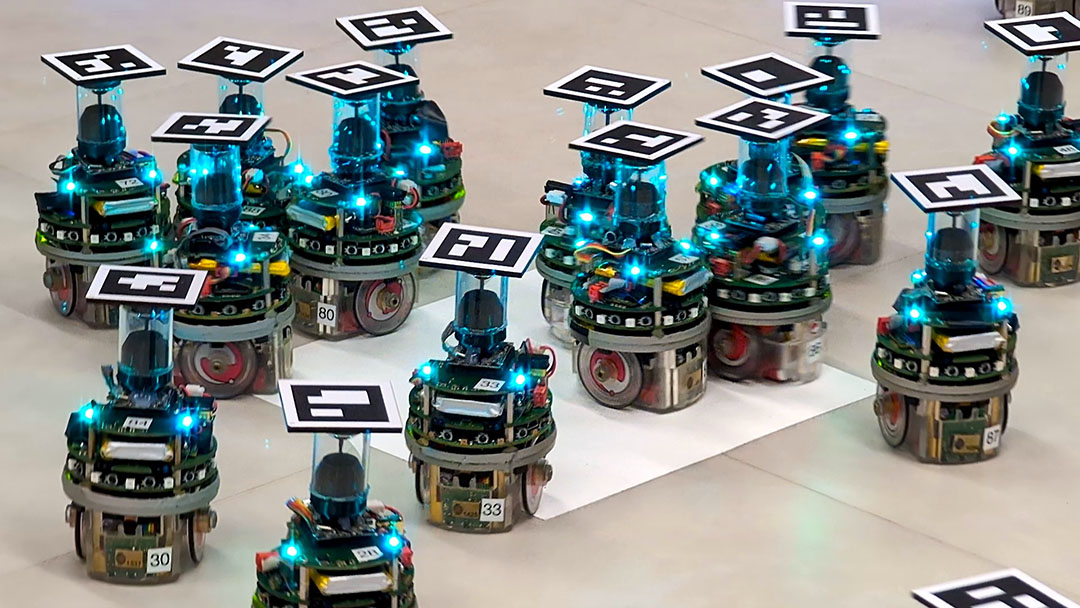

Researchers have developed an optimization program to design the behavior of small e-puck robots to allow them to work in unison.
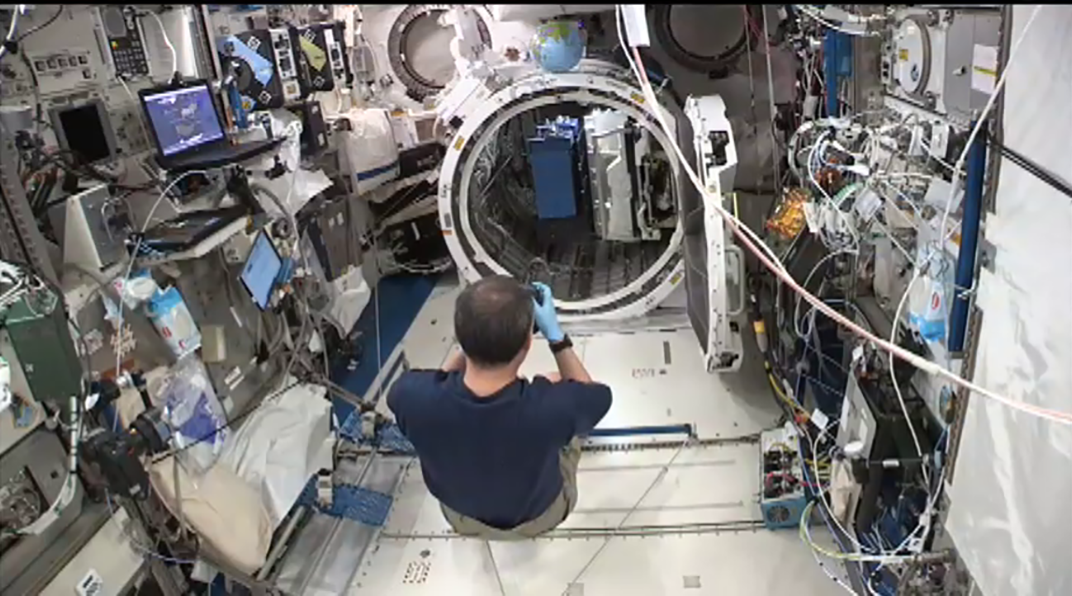
Cosmic radiation degrades medications like ibuprofen, highlighting the need for new “space” medicines with modified formulations.
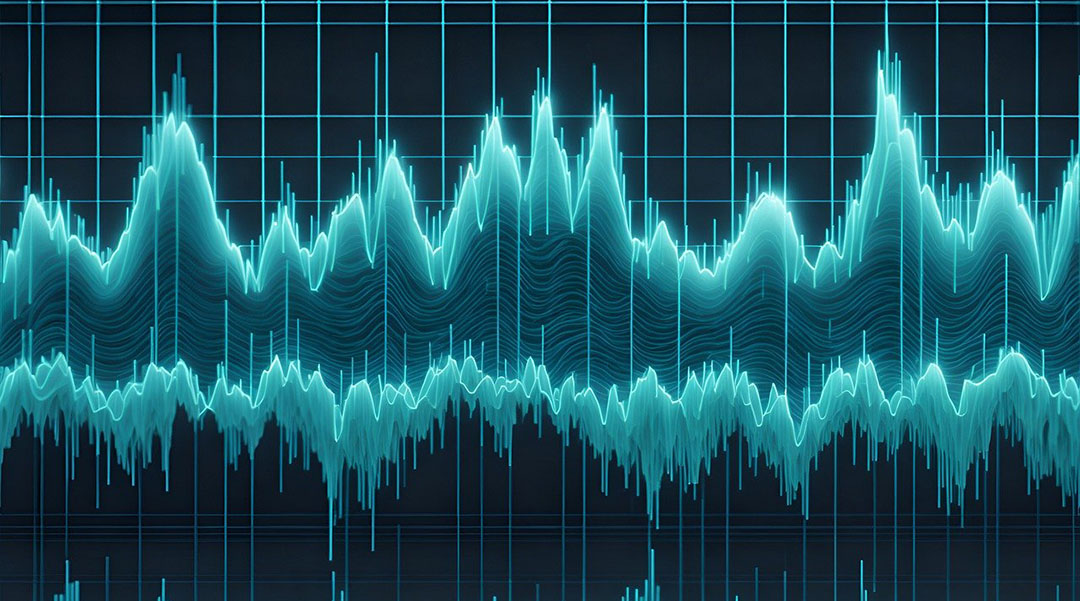
Machine learning is bringing forth the future of secure communication, swiftly identifying single photons that hold the key to quantum tech.
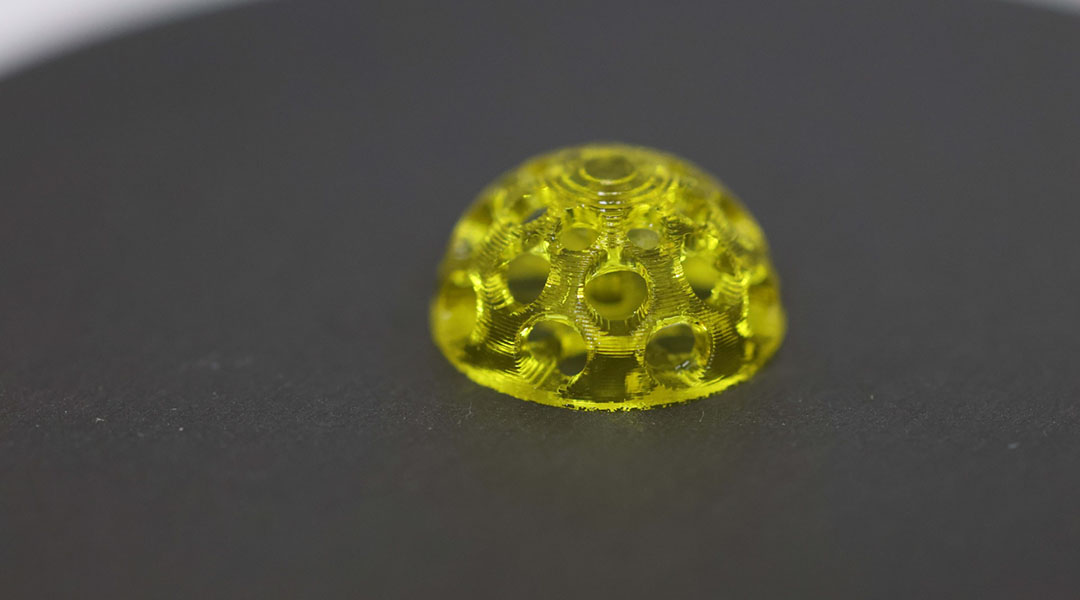
The customizable implant releases an anticancer drug in the presence of new tumors that might go undetected by MRI.
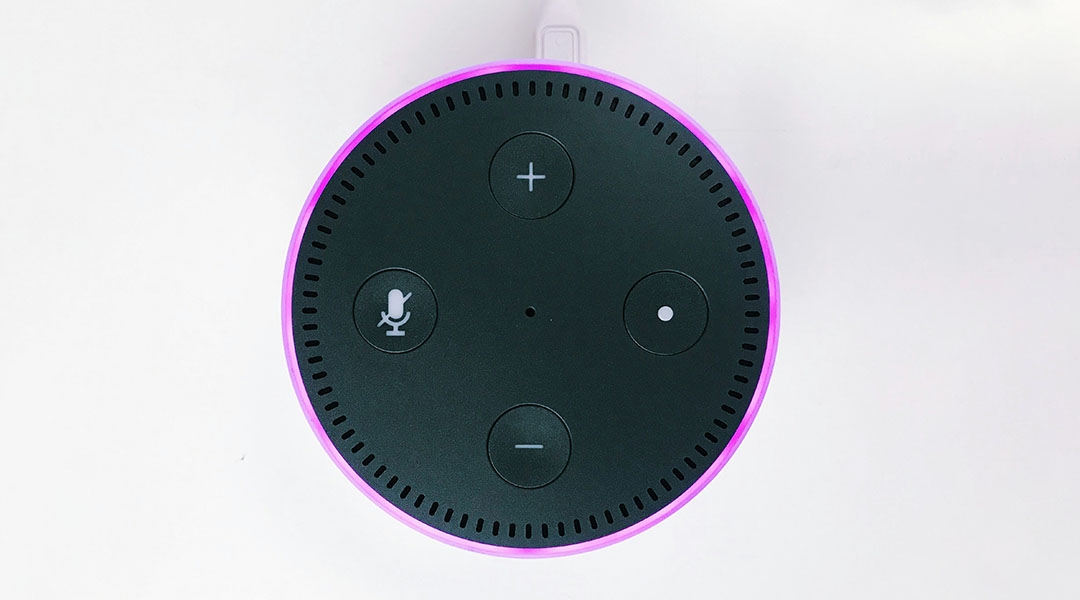
Scientists explored whether evidence backs up the growing belief that voice assistants like Alexa can alleviate loneliness, especially in the elderly.
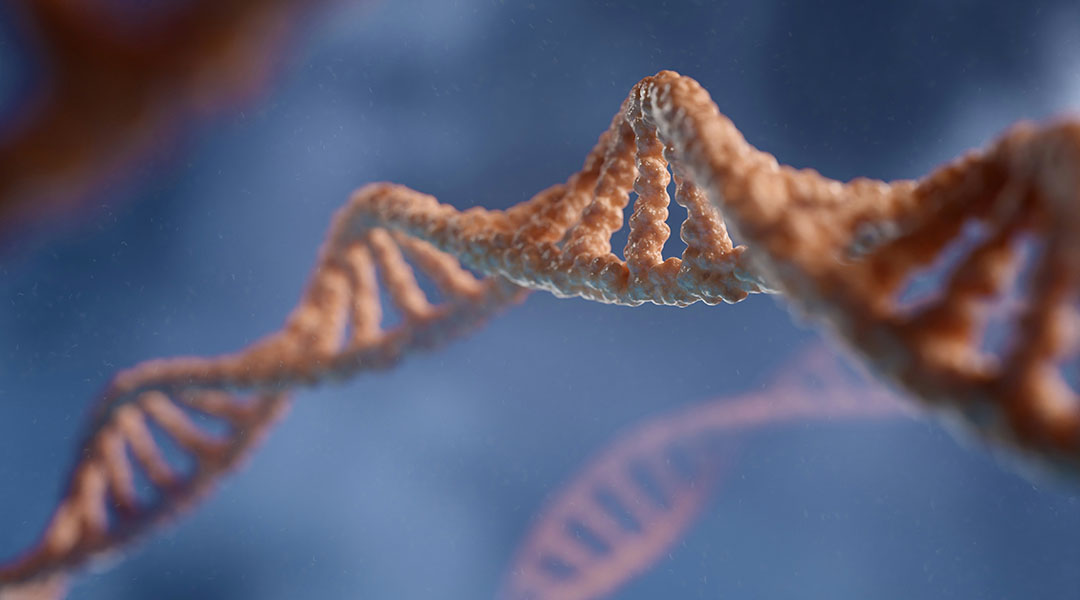
Scientists uncover how the complex interactions between nucleosomes influence DNA’s organization in chromosomes.
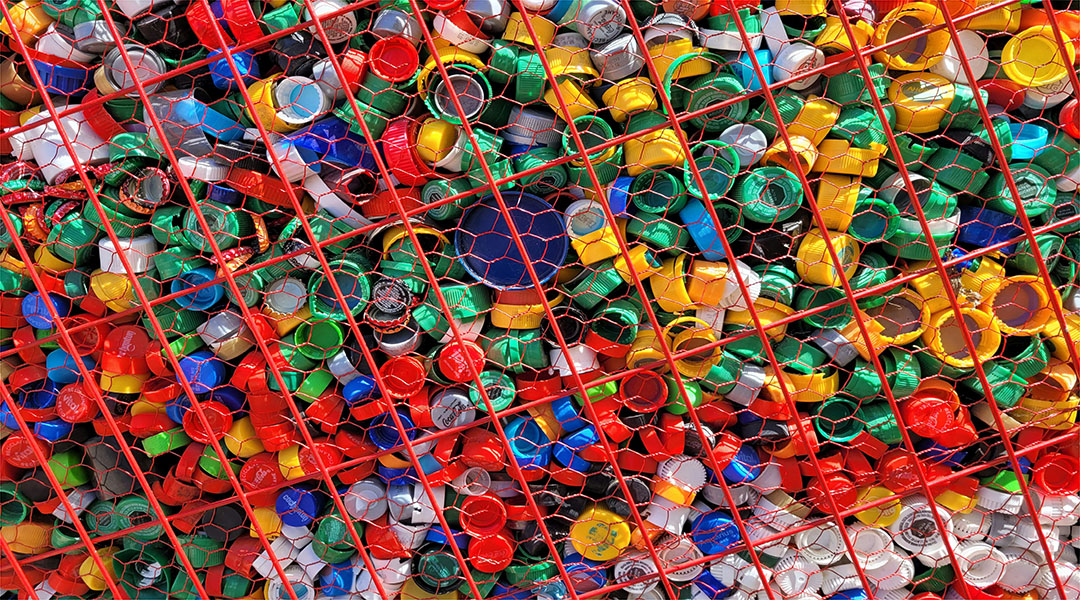
A common bacteria found growing on plastic in urban wastewater could provide new bioengineering solutions to clean up plastic waste.
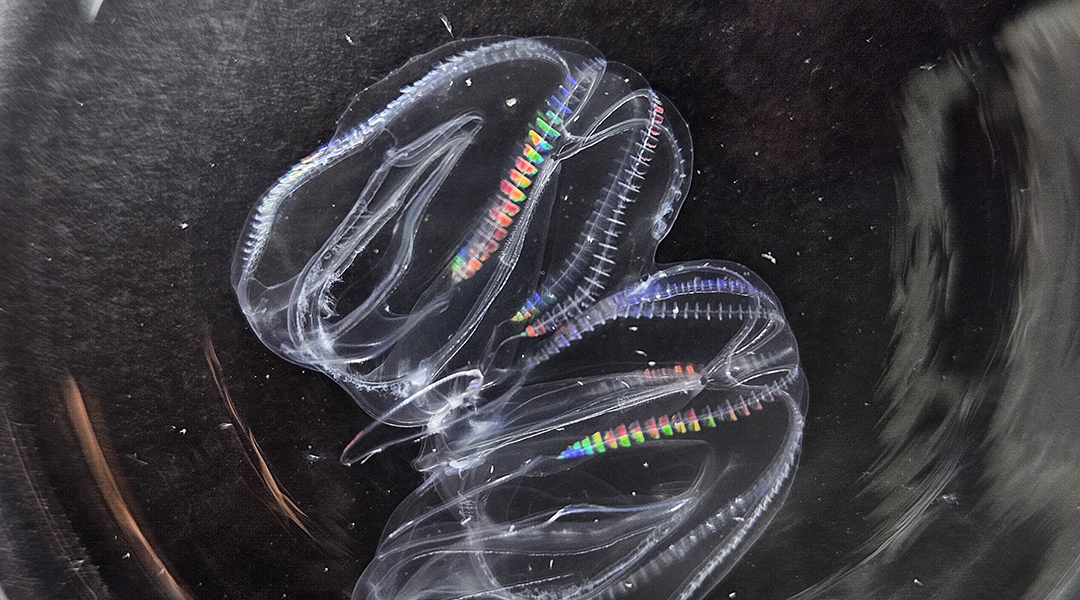
Two individual comb jellies can fuse into a single organism, providing an incredible feat of regeneration rarely seen in the animal world.
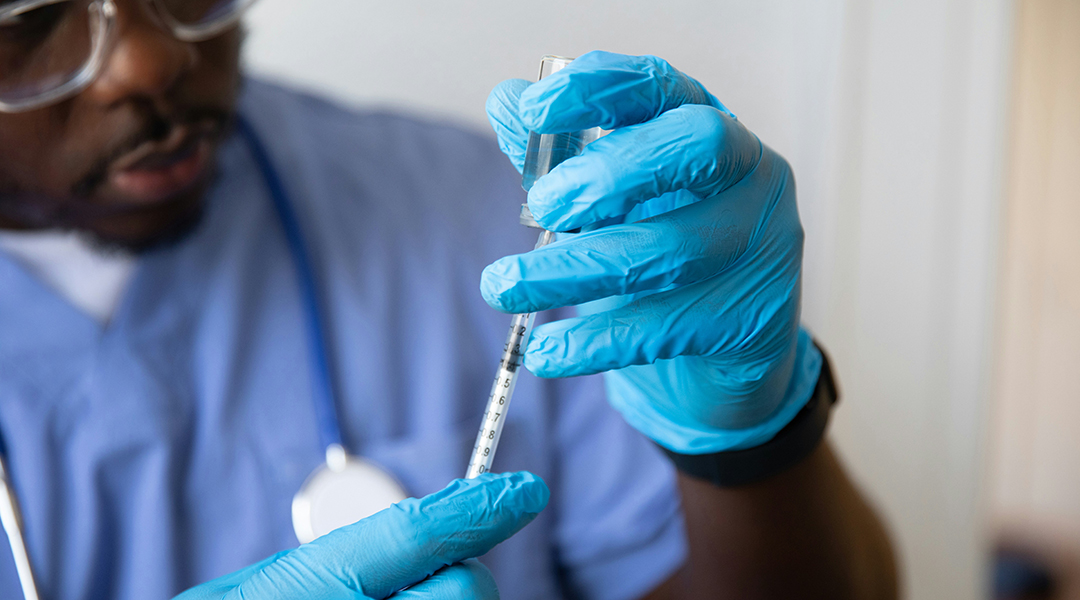
Researchers use enzymes to link antigens and adjuvants, creating safer and more effective vaccines by lowering the required adjuvant dosage.
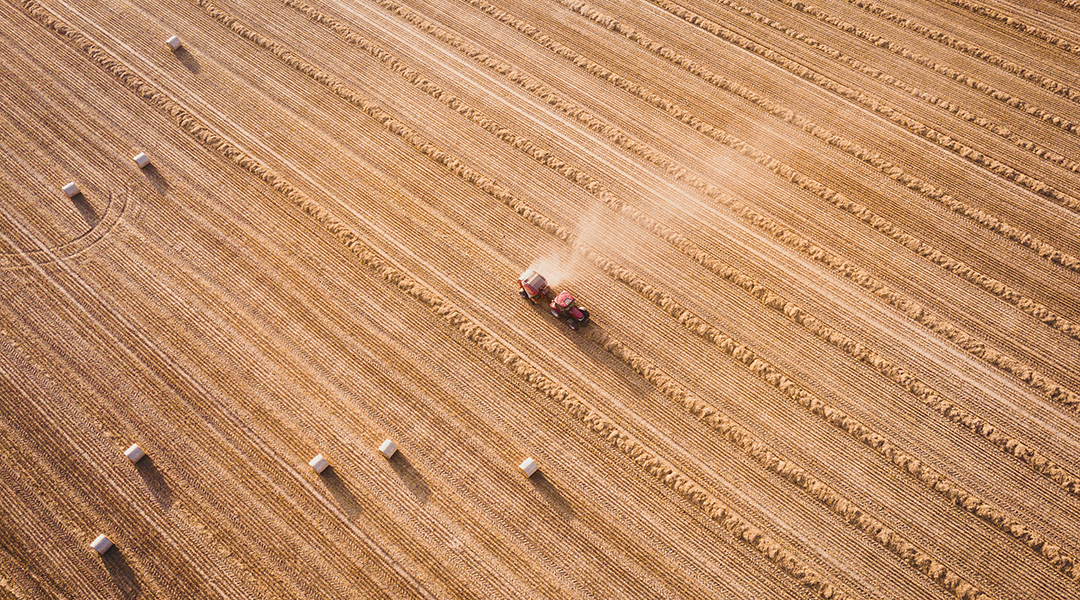
Combining agriculture with solar energy, agrivoltaics offers a promising solution to reduce carbon emissions while boosting food production.